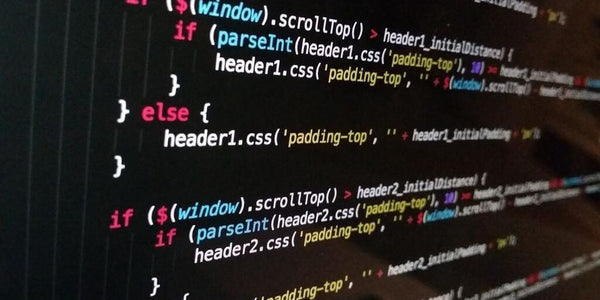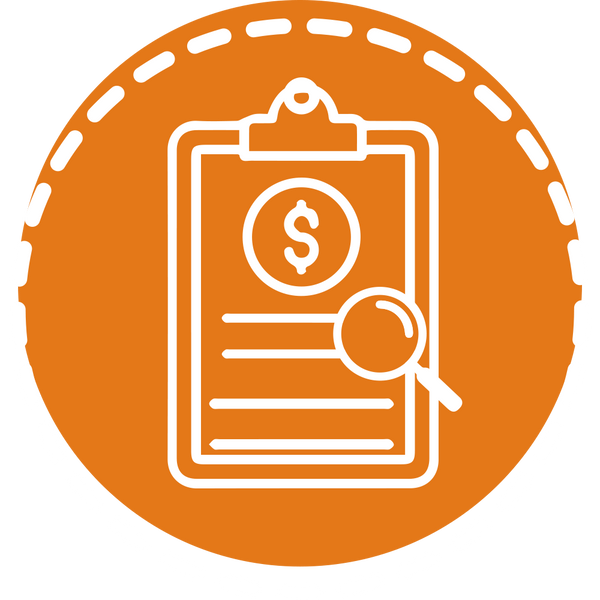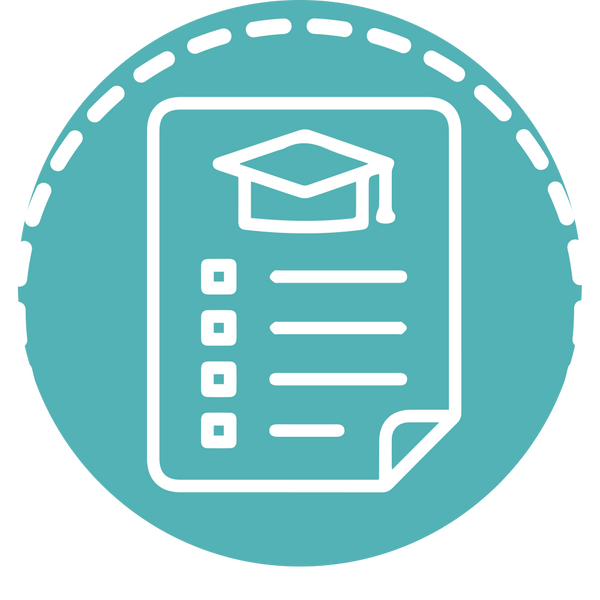
The Reality of Coding: How to Get Ahead

“It’s time Americans begin treating computer code the way we do the alphabet or arithmetic,” wrote CNN reporter Douglas Rushkoff about the importance of coding in today’s economy. Rushkoff continued, “we are socializing, working, consuming, and living in a world increasingly defined by programs. Learning to code is the best way to understand what those programs do, or even to recognize that they are there in the first place,” (2012). As evident, US citizens need to become literate in computer coding to thrive in a computer-programmed world. While many are starting to see the emerging need of coding education, others do not.
In recent surveys, computer programming is an interest to many high school students and 90% of parents believe that CS classes should be offered. “Half the battle is simply having the premise wrong, with (school) leaders thinking interest in CS is not high,” explained Marco della Cava for USA Today (2015). In contrast to that 90% of parents insisting on CS courses, only 8% of school administrators believe that demand is high. This inequality in CS class expectations adds to the problem, because 80% of students seem to believe they will learn these skills at some point in their education future (della Cava, 2015). If schools don’t provide access to this type of 21st Century Skill, where are students supposed to learn it? The answer is usually left up to university professors, however with little to no exposure before college, many students are ill equipped for the tasks at hand.
Maggie O’Neill, a writer for computerscienceonline.org explained the issue at hand, “many experts in computer science education tout skill development before college as the key to success. Students as young as six and seven are learning the logic behind computer programs and, in some cases, how to create simple programs of their own. Yet formal computer science learning remains a rare commodity in K-12 curricula,” (O’Neill, n.d.). O’Neill is right that many schools are missing the opportune time to start teaching students computer coding. It is well known that young students have exceptional abilities when it comes to learning new languages, and that is exactly what computer coding entails. However, less than 5% of high schools offered the Advanced Placement Exam for Computer Science, which directly shows how little it is offered at previous levels of education. The US should take note on Estonia’s most recent policy where 100% of first graders will begin to learn coding basics in mandatory CS classes (O’Neill, n.d.).
Despite the growing number of jobs opening with an emphasis in CS, and the innate ability of young students to learn computer coding, many parents and students must look for supplemental education outside of the traditional realm. Many organizations are popping up and devoted purely to getting students more interested in CS. Organizations like CodeEd, Scratch by MIT, CodeAcademy and many more serve to offer open-source applications which will level the computer coding playing field (O’Neill, n.d.). In addition, many education companies are looking to incorporate hands-on learning with computer coding to inspire student interest. PCS Edventures has recently developed its own drag-and-drop computer coding software that works in collaboration with a microcontroller to teach both robotics and physics concepts. This cross-curricular approach is just one of the many ways in which computer programming can change the face of education, and change the way students think and feel about computer science.








